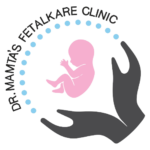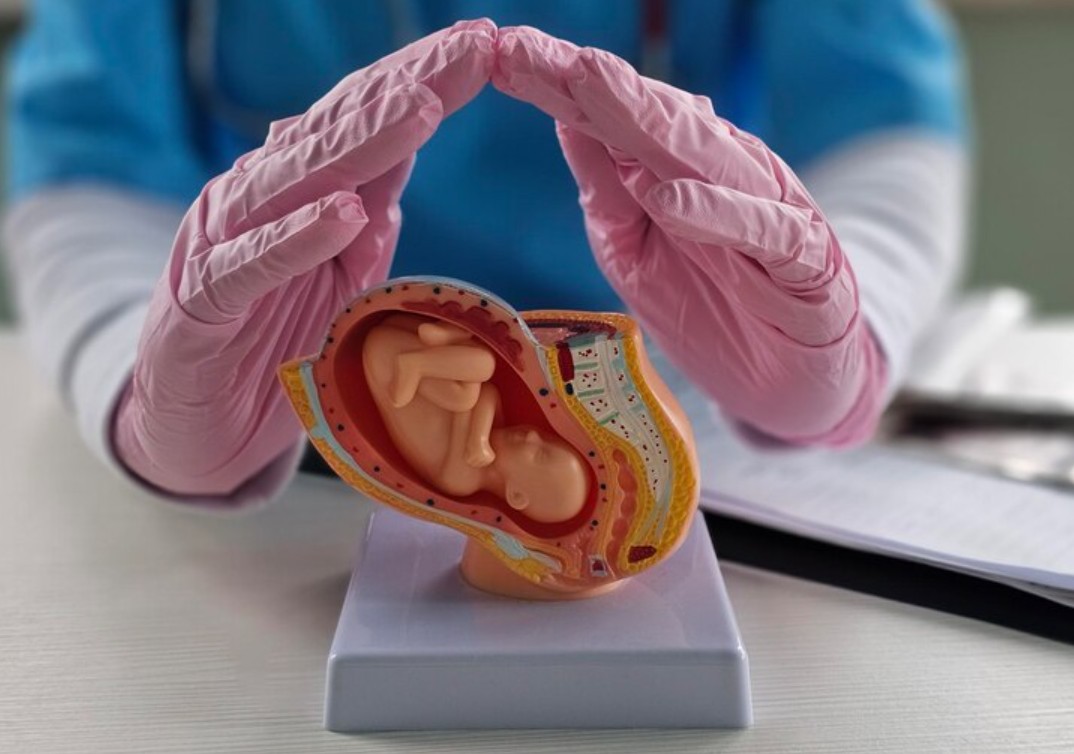Pregnancy is a remarkable journey, but it also comes with the responsibility of ensuring the best possible health for both mother and baby. Thanks to advancements in Fetal Medicine, doctors can now detect many birth defects and structural anomalies early in pregnancy, allowing for timely intervention and better outcomes.
Fetal medicine focuses on the health and development of the unborn baby. It plays a vital role in screening, diagnosing, and managing conditions that may affect the baby’s growth or survival.
What Are Birth Defects?
Birth defects are structural or functional abnormalities that occur while the baby is developing in the womb. These could range from minor physical differences to severe organ malformations. Some common examples include:
- Congenital heart defects
- Neural tube defects like spina bifida
- Cleft lip and palate
- Limb abnormalities
- Kidney and urinary tract malformations
These issues can often be detected through advanced fetal scans and screenings.
Role of Fetal Medicine in Early Detection
- First Trimester Screening (11–14 weeks):
This early scan includes a nuchal translucency test (measuring fluid at the back of the baby’s neck) and a blood test. Together, they help assess the risk of chromosomal conditions like Down syndrome, Trisomy 18, and Trisomy 13. - Anomaly Scan or Targeted Imaging for Fetal Anomalies (TIFFA) – 18–22 weeks:
This detailed ultrasound evaluates the baby’s anatomy. It can detect structural abnormalities in the brain, heart, kidneys, spine, and limbs. It also identifies soft markers — subtle signs that may indicate genetic syndromes. - Fetal Echocardiography:
A specialized scan to check for congenital heart defects. It’s often recommended if there’s a family history of heart problems, maternal diabetes, or abnormalities found in earlier scans. - Genetic Counseling and Diagnostic Tests:
If there are concerns about genetic conditions, a Fetal Medicine Specialist may suggest procedures like chorionic villus sampling (CVS) or amniocentesis to confirm any diagnosis.
Importance of Early Detection
Early identification of birth defects allows:
- Better planning for delivery and postnatal care
- Timely medical or surgical interventions
- Multidisciplinary care with pediatric surgeons or cardiologists
- In rare cases, intrauterine treatment can be considered
- Parents to make informed decisions and receive proper counseling
Your Trusted Expert in Faridabad
Dr. Mamta Phogat, the best Maternal Fetal Medicine Specialist in Faridabad, is known for her expertise in early detection of fetal anomalies. With advanced technology and compassionate care, she ensures that expecting parents receive timely guidance and medical support throughout their pregnancy.
Final Thoughts
Fetal medicine has revolutionized prenatal care by enabling the early detection of birth defects, allowing for proactive management and improved outcomes. When in doubt, always consult a fetal medicine specialist to ensure the healthiest start for your baby.

